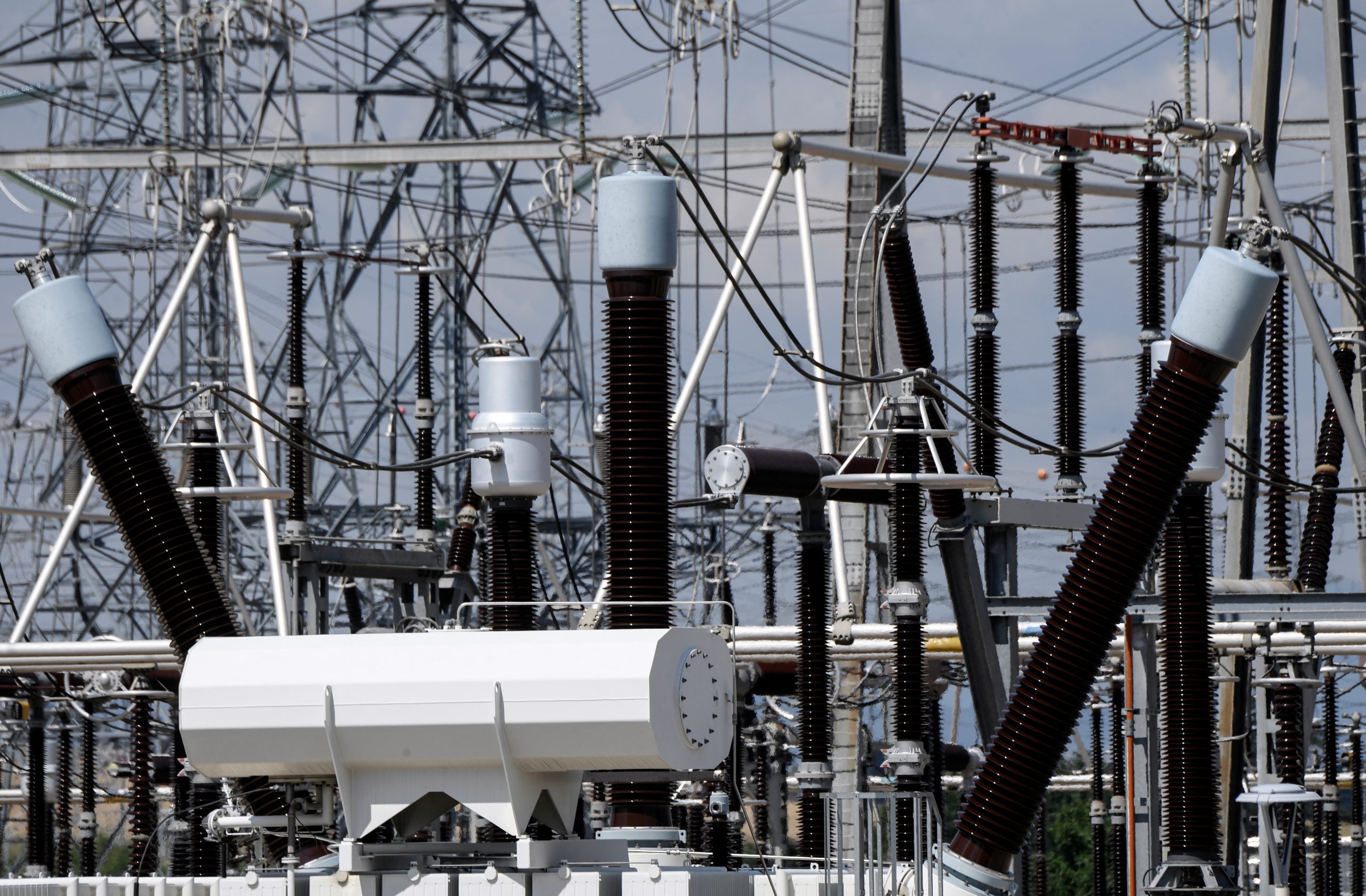Again, the federal government of Nigeria at the weekend confirmed the collapse of the national power grid, which has frustrated electricity supply across the country. However, it promised to fast-track the purchase and installation of a Supervisory Control and Data Acquisition (SCADA) system to curb the rate of grid failures.
The government further blamed the current nationwide blackout on the damage done by suspected vandals to one of its facilities in the Niger Delta. The SCADA system is a software used to monitor and control an electrical grid system based on the information it collects from the substations within that system.
The federal government had failed in its repeated promises to invest in the technology to improve the efficiency. Following the federal government’s failure to acquire the SCADA, the supply system has been unable to provide remote coverage and relay of interconnected network communication to enable Distribution Companies (Discos) have real-time access to monitor and control their distribution infrastructure.
As a result many Discos still use the analogue system of detecting faults within their networks. However, SCADA would assist in monitoring/controlling existing injection and distribution substations. It would further reduce downtime, help in faults location, track and restore the system in cases of collapses, increase revenue generation as well as reduce Aggregate Technical, Commercial and Collection (ATC&C) losses.
Since this year, the national power grid has collapsed about five times, throwing several Nigerian cities including, the Federal Capital Territory (FCT) into darkness.
Many of the Discos had announced a system breakdown on Friday after prolonged hours of outage experienced in some parts of the country. A similar grid collapse occurred twice in March 2022 at a time the country was in a severe fuel crisis as well as in January and February this year. The latest system collapse occurred twice within a few hours.
The grid, which is being managed by the government-owned Transmission Company of Nigeria (TCN) has continued to suffer system collapse over the years amid a lack of spinning reserve that is meant to forestall such occurrences. A statement issued yesterday by the Minister of Power, Mr. Abubakar Aliyu, signed on his behalf by his Special Adviser, Media, Isa Sanusi, noted that the stakeholders were working round the clock to ensure that normalcy is restored as soon as possible.
Aliyu added that power has already been restored in several parts of the country since the latest incident, noting that it was carrying out reforms to ensure that such power failures are reduced to the minimum. “We wish to notify the general public of the incidence of a system collapse which occurred at 1830 hours on April 8, 2022, resulting in power outages in many parts of the country.
“While a detailed investigation into the immediate and remote causes of the recurring grid failure is currently ongoing by the Nigerian Electricity Regulatory Commission (NERC) and System Operator (the operator of the national grid), the process of restoring supply is ongoing with some sections of the national grid already energised and supply restored to consumers.
“We wish to assure Nigerians that the federal government is working assiduously to deliver on the much-needed reforms and investments, including SCADA, that are critical to improving the capacity and reliability of the national grid. This is in line with the Mr. President’s directives on closing infrastructure deficits in critical sectors of the Nigerian economy,” the minister explained.
Meanwhile, the federal government has again blamed the current nationwide blackout on the damage done by suspected vandals to one of its facilities in the Niger Delta. It stated that the vandalism of the transmission tower in Odukpani Ikot- Ekpene resulted in the substantial loss of power generation.
“Further to our earlier press release, we wish to apprise the general public that the immediate cause of national blackout (system collapse) was an act of vandalism on a transmission tower on the Odukpani Ikot Ekpene 330kV double circuit transmission line. This resulted in a sudden loss of about 400MW of generation. This consequently led to a cascade of plant shutdown across the country.
“We wish to notify the public that power on the grid is being restored sequentially by the system operator as other on-grid power plants are being dispatched to cover the lost generation capacity from the Calabar power plant owned by the Niger Power Holding Company Ltd.,” the minister noted.





